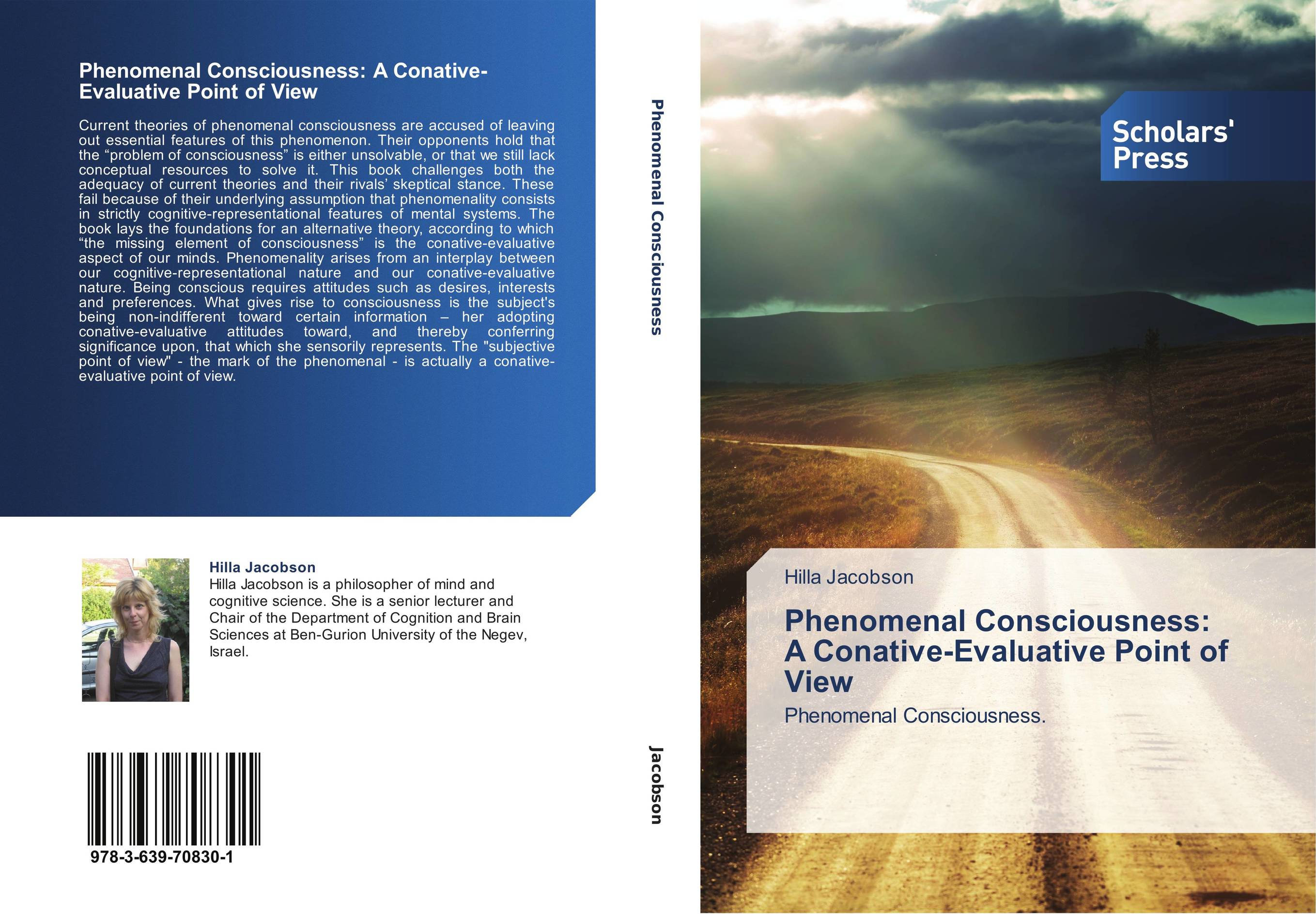| Поиск по каталогу |
|
(строгое соответствие)
|
- Профессиональная
- Научно-популярная
- Художественная
- Публицистика
- Детская
- Искусство
- Хобби, семья, дом
- Спорт
- Путеводители
- Блокноты, тетради, открытки
Phenomenal Consciousness: A Conative-Evaluative Point of View. Phenomenal Consciousness.

В наличии
| Местонахождение: Алматы | Состояние экземпляра: новый |

Бумажная
версия
версия
Автор: Hilla Jacobson
ISBN: 9783639708301
Год издания: 2014
Формат книги: 60×90/16 (145×215 мм)
Количество страниц: 352
Издательство: Scholars' Press
Цена: 45680 тг
Положить в корзину
| Способы доставки в город Алматы * комплектация (срок до отгрузки) не более 2 рабочих дней |
| Самовывоз из города Алматы (пункты самовывоза партнёра CDEK) |
| Курьерская доставка CDEK из города Москва |
| Доставка Почтой России из города Москва |
Аннотация: Current theories of phenomenal consciousness are accused of leaving out essential features of this phenomenon. Their opponents hold that the “problem of consciousness” is either unsolvable, or that we still lack conceptual resources to solve it. This book challenges both the adequacy of current theories and their rivals’ skeptical stance. These fail because of their underlying assumption that phenomenality consists in strictly cognitive-representational features of mental systems. The book lays the foundations for an alternative theory, according to which “the missing element of consciousness” is the conative-evaluative aspect of our minds. Phenomenality arises from an interplay between our cognitive-representational nature and our conative-evaluative nature. Being conscious requires attitudes such as desires, interests and preferences. What gives rise to consciousness is the subject's being non-indifferent toward certain information – her adopting conative-evaluative attitudes toward, and thereby conferring significance upon, that which she sensorily represents. The "subjective point of view" - the mark of the phenomenal - is actually a conative-evaluative point of view.
Ключевые слова: Cognitive Science, Affect, Perception, pain, Phenomenal Consciousness, Philosophy of Mind, Perceptual Experience, Phenomenality, Conative Attitudes, Reasons for Action, Desire, Point of view, subjectivity, Perspectivalness, Representational Content



